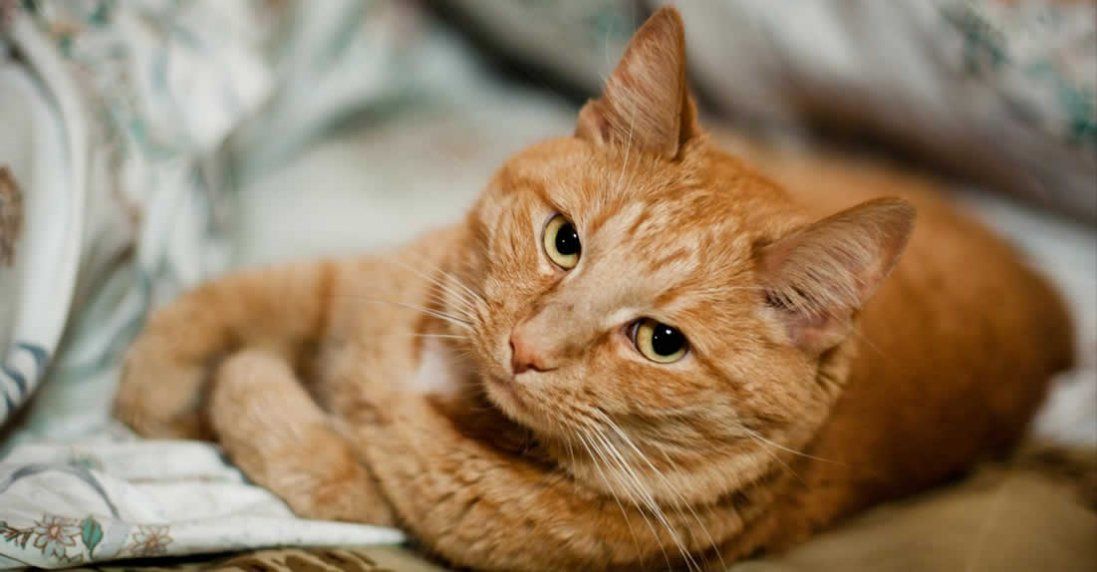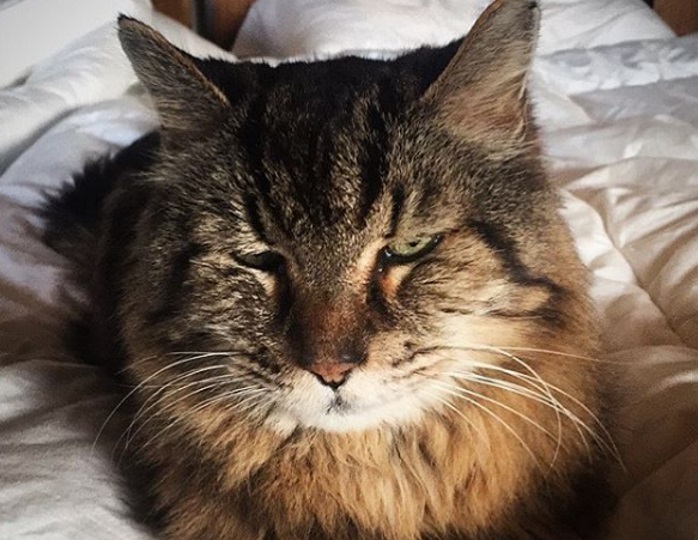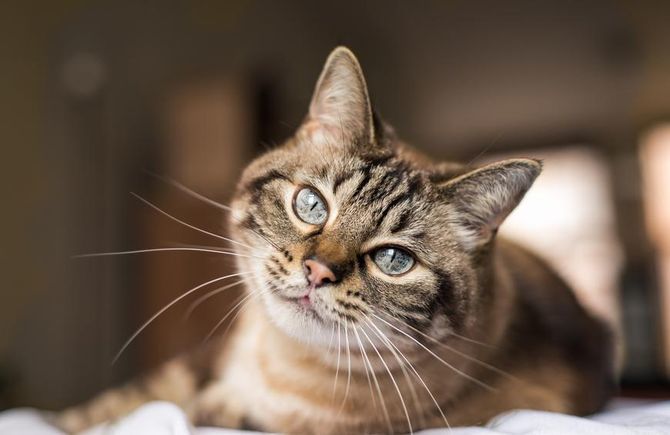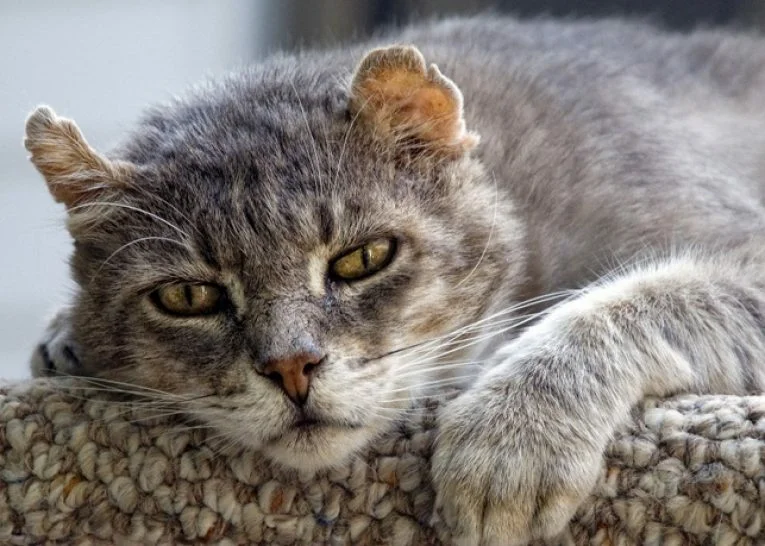It’s no secret that cats age gracefully – most of them tend to look and act younger than their human counterparts as they advance in years. But just like people, cats experience many changes in their physiology, behavior, and susceptibility to certain diseases as they grow older. In this blog post, we’ll discuss the various changes in senior cats and tips on how to take care of your aging cat and make sure they live a comfortable, healthy life.

One of the first things you may notice about your senior cat is that they are less active and sleep more than they did when they were younger. They may also have a reduced or capricious appetite and be less likely to play or show affection. These changes are regular and usually nothing to worry about – make sure your cat has a comfortable place to sleep, access to fresh water and food, and plenty of toys and scratching posts to keep them occupied.
As cats age, they experience physiological changes that can impact their health. Their ability to smell and taste food diminishes, leading to decreased appetite. They may also have trouble digesting fat and protein, and their hearing and immune function may decline. Additionally, their skin loses elasticity, and they become more susceptible to stress.

While these changes may seem daunting, there are plenty of things you can do to help your senior cat live a comfortable life. First, make sure they see the vet regularly – at least once a year or more- if they have any health concerns. Senior cats are also more prone to developing arthritis, so regular exercise and stretching are essential to keep their joints healthy.
Give them plenty of love and attention – they may be less affectionate than when they were younger, but they still need your love and companionship.

Taking care of a senior cat can be challenging, but it’s also gratifying. Seeing your beloved feline friend grow old alongside you is one of the joys of being a cat owner. With extra care and attention, you can ensure that your senior cat lives a long, happy, and healthy life.
Make sure they see the vet regularly – at least once a year or more- if they have health concerns. Senior cats are also more prone to developing arthritis, so regular exercise and stretching are essential to keep their joints healthy. Finally, give them plenty of love and attention – they may be less affectionate than when they were younger, but they still require your love and companionship.
Do you have a senior cat at home? What tips do you have for taking care of them?

